Voice Over Sydney: For Dutch and Flemish speakers, it is very easy to distinguish whether a person is from Flanders or from the Netherlands. The differences in pronunciation are obvious to them. For example, the word “record” is pronounced as it is written in Flemish, but in Dutch we use the French pronunciation of the word. The differences in pronunciation can be heard in this video. Other differences include word nationaal (national), which is pronounced “nasional” in Flemish and “natzional” in Dutch.
Voice over Sydney: The Flemish Think Dutch Sounds Unpleasant
This might not have much to do with how we communicate but, compared to Flemish, the Dutch language can sound quite rough. By this I mean that we have louder tones in our words. The letter g is pronounced clearly in northern parts of the Netherlands, whereas in Flanders the sound is softer (comparable to the x sound in Russian). In Dutch, the pronunciation often leans more towards an English pronunciation. Many Dutch words are literally taken from English; a steady trend which shows no signs of fading. In Flanders, however, the pronunciation leans more towards French.
Voice over Sydney: Dutch and Flemish Vocabulary Differences
This is probably the largest difference between the two languages when it comes to linguistic differences. Even though grammatically both languages are practically interchangeable, there are still many challenges encountered when visiting Flanders, or when Flemish speakers visit the Netherlands. There is a lot of confusion when travelers go to either one of these countries and attempt to communicate. One example is the word afslag (“turn”in English,as in to turn your car around).In Dutch, it is the literal definition of ‘turn,’ just like in English. However, in Flemish this can also mean lowering prices. Here are several more examples.
Voice over Sydney: Approaching People
In Dutch, it is very normal to introduce yourself formally and promptly switch a conversation to the informal. However, in Flemish, the informal tone is not used as much. Instead of saying je (informal ‘you’), the Flemish say Ge, and also tend to use U, the formal ‘you,’ more often than the Dutch do. This is also a reason why the Flemish consider the Dutch to be unpleasant.
Both languages are similar, but the differences are sometimes so large that, for the Flemish and the Dutch, they could appear to be two different languages. They have a hard time understanding each other at times. Still, when we make an effort, the common linguistic ground is enough to communicate successfully.




